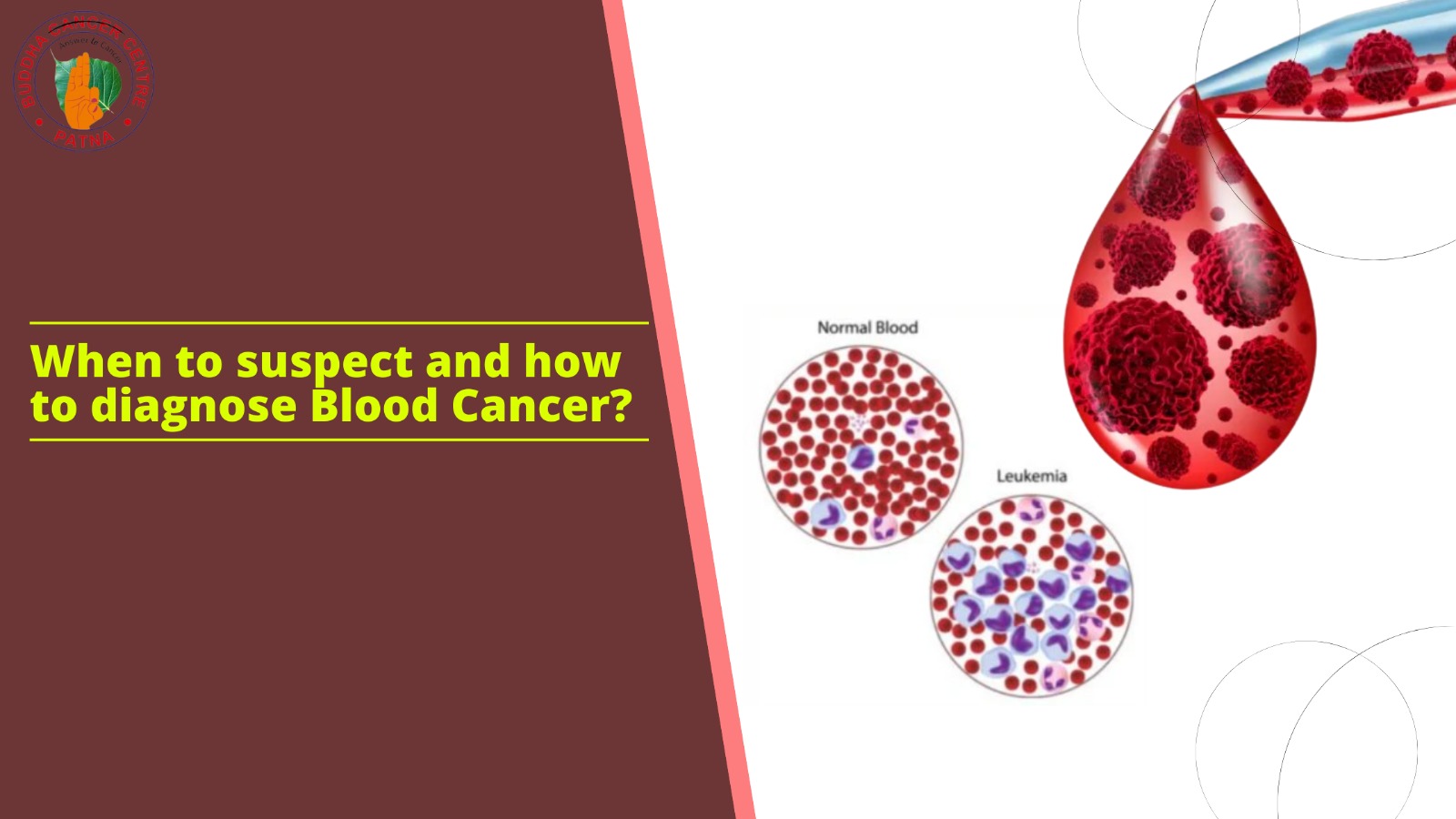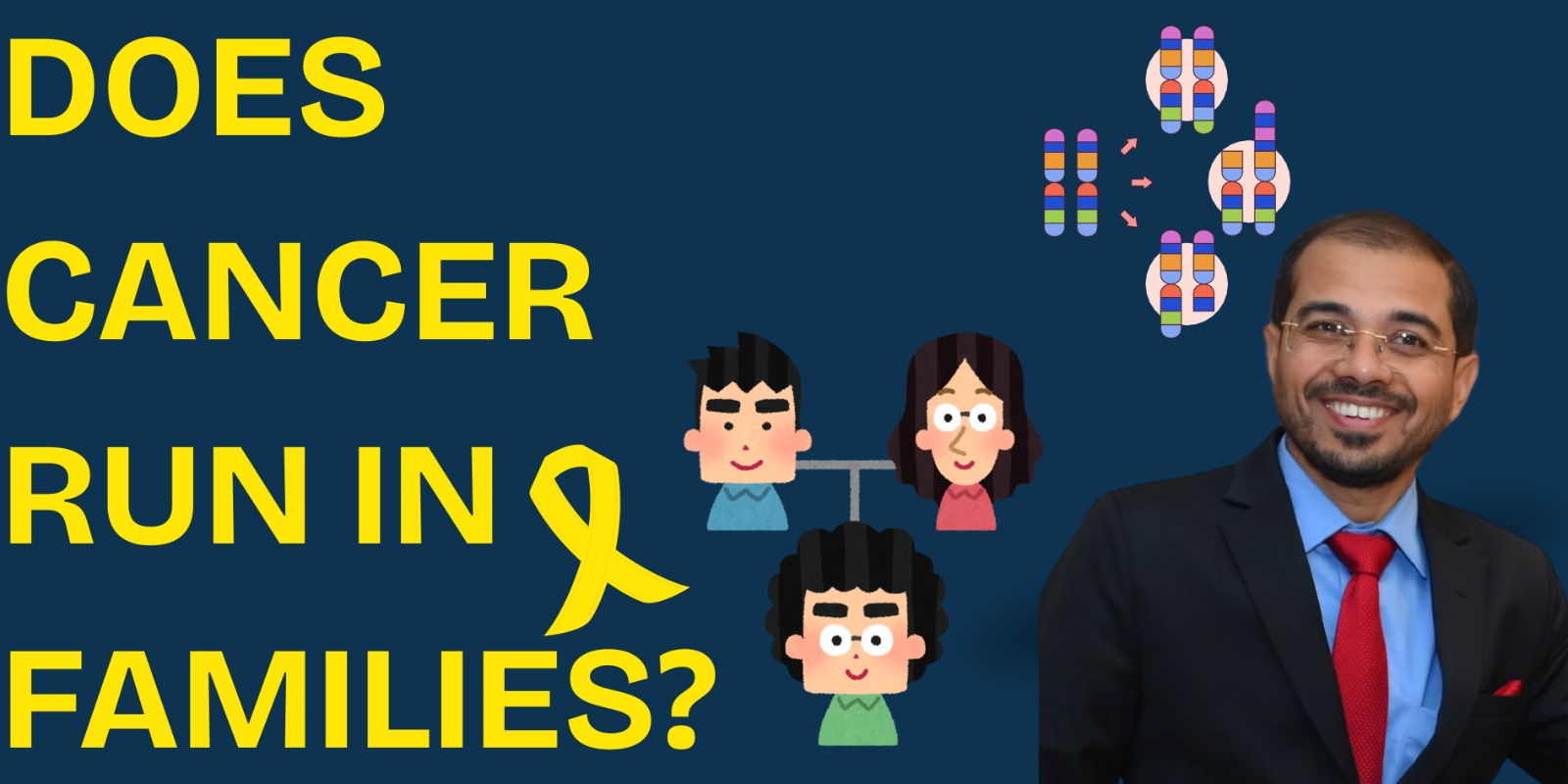


Blood cancer can present with a very short history of days and rarely months OR else the patient can have a prolonged history of months or years with generalized lymphadenopathy or heaviness in the left upper part of the abdomen. The first group that presents with a short history is called Acute leukaemia and the second group that presents with a long history is called Chronic Leukaemia.
As the name suggests acute leukaemia is an acute condition, an emergency situation that merits urgent treatment. These acute leukaemia patients present with a short history of fever, rash, bleeding gums, cough, excessive fatigue, Lymphadenopathy, and shortness of breath in different combinations.
A Simple CBC test will depict low Haemoglobin, low platelet, and WBC also called Total leukocyte count (TLC) can be very low or very high but can be rarely normal. Peripheral smear and Bone marrow aspiration will show a blast percentage of more than 10 %. Flow cytometry test will confirm the subtype of Acute Leukaemia into Acute Myeloid Leukaemia (AML) or Acute Lymphoblastic Leukaemia (ALL).
Chronic leukaemia is either Chronic Myeloid Leukaemia (CML) or Chronic Lymphoid Leukaemia (CLL). CML Patients are generally young and present with massive splenomegaly and are diagnosed with CBC, Bone marrow aspiration test, RT PCR for BCR ABL, and Cytogenetics. CLL is commonly found in the elderly population with asymptomatic
Lymphadenopathy and Hepato-splenomegaly and is diagnosed with CBC, Peripheral smear, Bone marrow aspiration, and Flowcytometry, FISH test.
In a nutshell, an Oncologist should always take a detailed vigilant history from the patient followed by a meticulous clinical examination followed by a Blood Test, Bone marrow examination, and certain specialized tests that will confirm the diagnosis of Blood Cancer and further subtype it.

